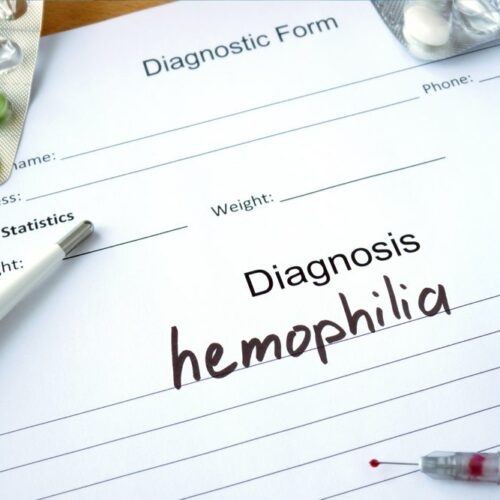Nasal polyps: Common causes, symptoms, and treatments

Nasal polyps are benign growths that cover the lining of the nose tissues and sinuses. A polyp is a bulging teardrop-shaped formation that blocks the nasal path, and it usually hangs from the nasal lining. Prolonged irritation of the sinus and inflammation of the lining can trigger the growth of these polyps, but the condition can be easily managed with medications. That said, a mild surgical procedure may be required in some cases to provide long-term relief. Read on for a brief overview of the condition. What causes nasal polyps to form? Inflammation, also referred to as chronic rhinosinusitis, is one of the primary triggers associated with this condition. Inflammation may be deemed chronic if it persists for over 12 weeks. Also, an abnormal response of the immune system and resulting problems in the mucus membrane can trigger the growth of nasal polyps. That said, the direct cause is unknown. What are the noticeable symptoms of nasal polyps? A person may initially experience difficulty breathing and struggle with a reduced sense of smell. Due to the blockage, a sensation of nasal congestion always exists, along with pressure in the forehead or face. Stuffiness can also result in excess mucus running back down the throat, a symptom that is medically referred to as postnasal drip.






